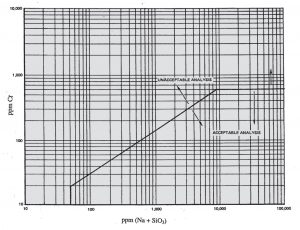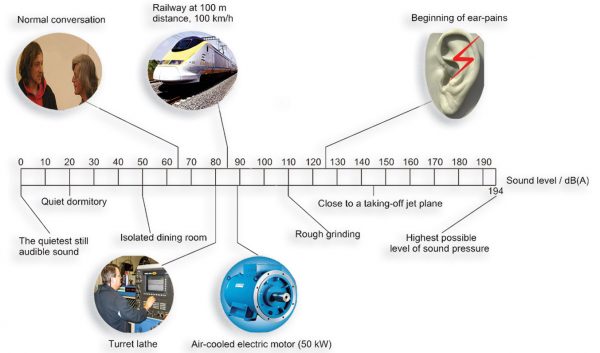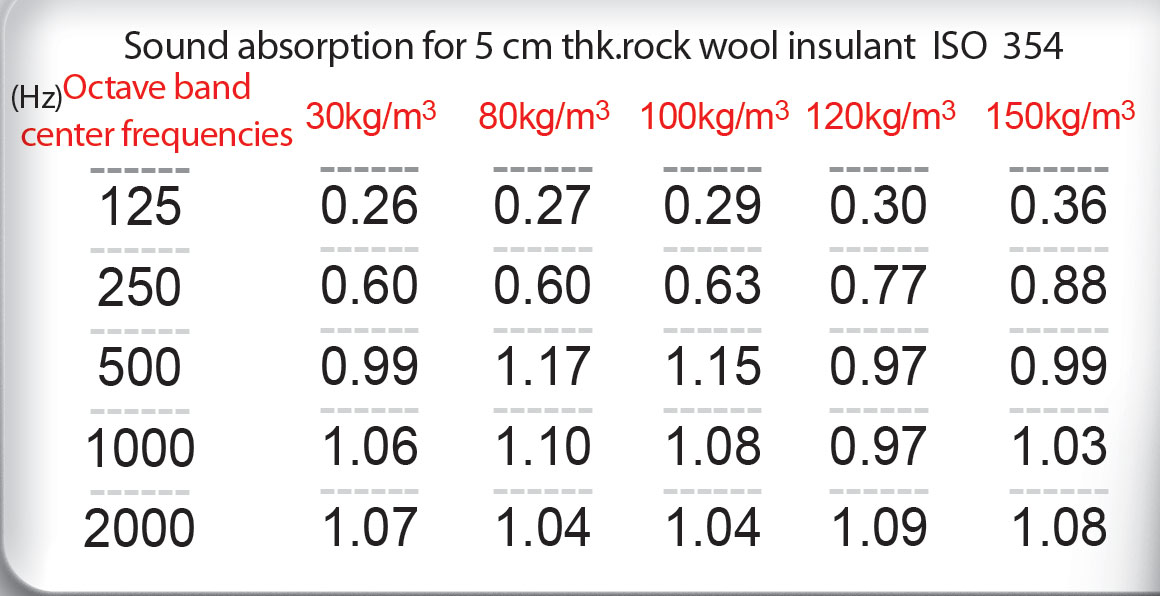 The corrosion rate of rock wool insulations due to the lower level of Chloride and also their favorable PH (between 8 and 10) is reasonably acceptable. Accordingly, they have a considerable superiority over other insulations. However, adding Alkaline additives in order to decrease the melting point and finally facilitating the production, which is commonly is employed by the market producers, results in rock wool having alkaline feature which finally increase their proneness to corrosion.
The corrosion rate of rock wool insulations due to the lower level of Chloride and also their favorable PH (between 8 and 10) is reasonably acceptable. Accordingly, they have a considerable superiority over other insulations. However, adding Alkaline additives in order to decrease the melting point and finally facilitating the production, which is commonly is employed by the market producers, results in rock wool having alkaline feature which finally increase their proneness to corrosion.
Pashmsangvila’s production which have an appropriate level of chloride and is in the standard range of corrosion according to the plot which is presented in the ASTM C795 standard, and due to the measured level of Na+Sio3 in chemical analysis they lacked any sort of sign pinpointing the presence of corrosion on the surfaces of metals connected to the insulation.
Sound absorption coefficient
 Rock wool insulation helps the soundproofing in two ways: reduction of sound transmission inside the elements of a building; the absorption of sounds in surfaces. Sound transmission loss is, indeed, the lowering of sound energy during the transmission through wall, Floor, Roof, and etc. Sound can be produced due to air vibration or a mechanical shock, and both are important and must be investigated. Sound absorption is the reduction of sound energy as some of it is rebounded from the surface. Sound absorption coefficient is shown with a number bigger than zero. In case a surface does not absorb any sound, its sound absorption coefficient is zero. Rock wool insulation has a high efficiency in absorption and consequently reduction of sounds. Accordingly, in airports, sound studios, under the rails, and metro stations, rock wool are used so as to prevent from transmission of vibrations and noises. The experiences have shown that designing and installation of a proper insulation can decrease the expected amount of noises. The quantity of sound energy’s loss when crossing insulations is totally depended on their thickness. This quantity for rock wool especially for low frequencies needs an increase of thickness. Devising an appropriate air gap behind insulation can have a significant effect on soundproofing.
Rock wool insulation helps the soundproofing in two ways: reduction of sound transmission inside the elements of a building; the absorption of sounds in surfaces. Sound transmission loss is, indeed, the lowering of sound energy during the transmission through wall, Floor, Roof, and etc. Sound can be produced due to air vibration or a mechanical shock, and both are important and must be investigated. Sound absorption is the reduction of sound energy as some of it is rebounded from the surface. Sound absorption coefficient is shown with a number bigger than zero. In case a surface does not absorb any sound, its sound absorption coefficient is zero. Rock wool insulation has a high efficiency in absorption and consequently reduction of sounds. Accordingly, in airports, sound studios, under the rails, and metro stations, rock wool are used so as to prevent from transmission of vibrations and noises. The experiences have shown that designing and installation of a proper insulation can decrease the expected amount of noises. The quantity of sound energy’s loss when crossing insulations is totally depended on their thickness. This quantity for rock wool especially for low frequencies needs an increase of thickness. Devising an appropriate air gap behind insulation can have a significant effect on soundproofing.
It should be noted that, to accessing more information about sound insulations you may see the specialized part about sound insulations in this very same catalog.





